The China-Japan-South Korea summit is both a result of the "cooling down" in relations between the three countries and a driving force for the parties to speed up this process.
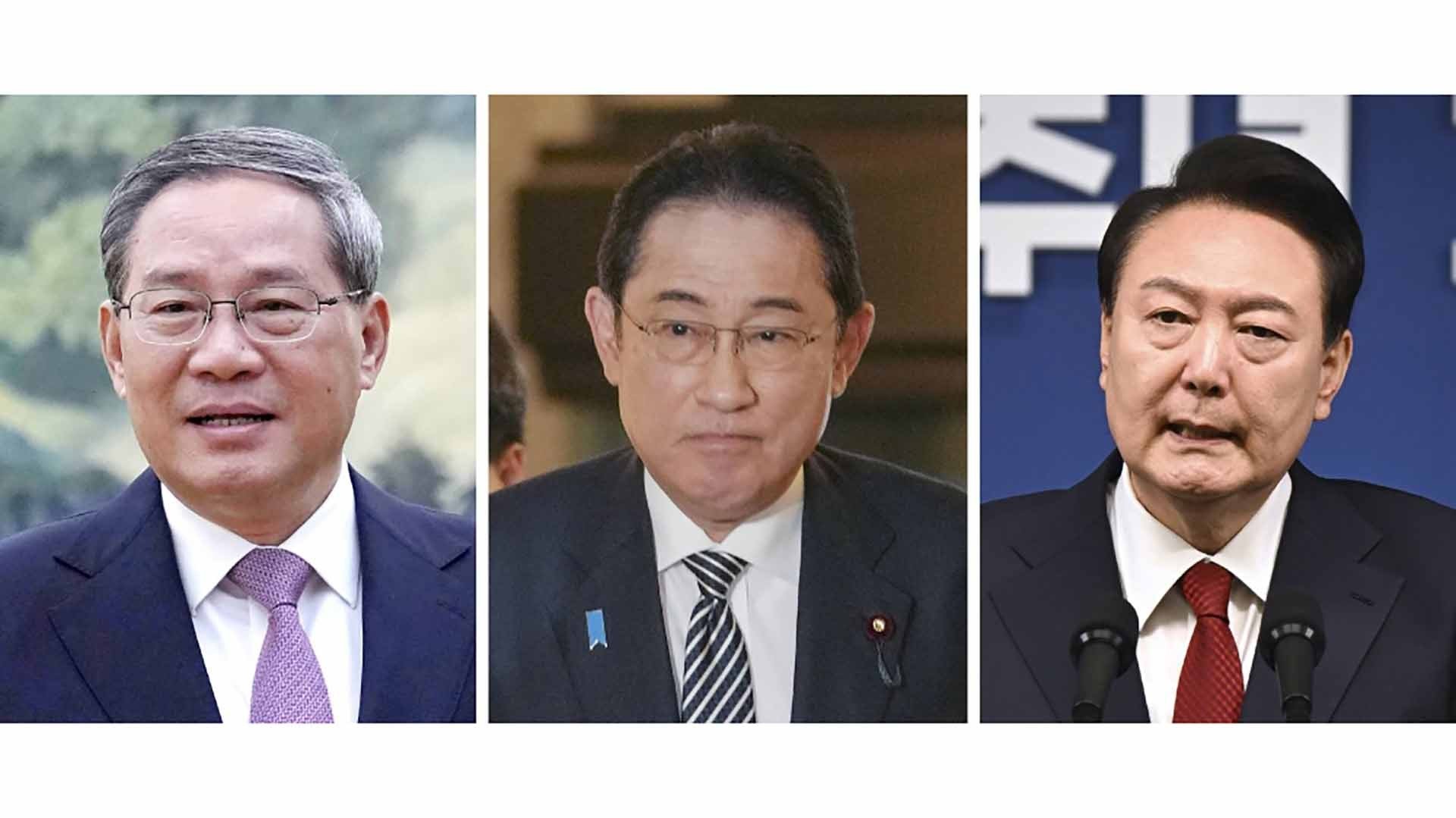 |
| (From left) Chinese Premier Li Qiang, Japanese Prime Minister Fumio Kishida and South Korean President Yoon Suk Yeol will meet in Seoul. (Source: EPA/Jiji) |
On May 26-27, the China-Japan-Korea Summit is scheduled to take place in Seoul, South Korea. Chinese Premier Li Qiang, his Japanese counterpart Fumio Kishida and host country President Yoon Suk Yeol will attend.
When the smell of gunpowder gradually fades
This is the first summit between the three Northeast Asian leaders in five years, since the Covid-19 pandemic broke out in the region. However, the pandemic is not the only reason for the postponement of this important meeting. Tensions between Japan and South Korea over history, trade and technology have eased since the leaders of the two sides agreed in March last year.
China-Japan relations have also seen mixed signals. On the one hand, state-level diplomacy has been virtually frozen due to Tokyo’s stance on the Taiwan issue and China’s ban on seafood imports from Japan. A recent White Paper from the Land of the Rising Sun said that Beijing’s actions have led to a “serious and complicated” security situation in the region. On the other hand, the same document called for building “mutually beneficial links” with China. At the same time, figures show that in the past fiscal year, 60 delegations of Japanese governors and mayors visited China. This number is expected to continue to increase.
Meanwhile, May 20 marked the first time in seven years that Chinese Foreign Minister Wang Yi met his South Korean counterpart in Diaoyutai, Beijing. He affirmed: “There is no fundamental conflict of interest between China and South Korea. Both sides should work towards harmony despite differences.” One of those differences was the North Korea issue: in the joint statement, the two sides only restated their positions, rather than agreeing on or breaking through in their attitudes towards Pyongyang.
At that time, the China-Japan-Korea summit was both the result of a "cooling down" in relations between the three countries and an opportunity for the parties to jointly promote this process.
Seize the opportunity
On that basis, according to sources from Tokyo, the summit could discuss six main areas including people-to-people exchanges, science and technology, sustainable development, public health, economic and trade cooperation, peace and security. In the first meeting after the Covid-19 pandemic, the leaders of the three countries emphasized cooperation in information sharing and responding to similar scenarios in the future.
In terms of economic cooperation, the three countries are likely to agree to expand free and fair trade and investment, while strengthening supply chain connectivity. On the issue of aging and declining populations, a common challenge for all three, China, Japan and South Korea will share experience and knowledge to address this reality.
According to other sources, the parties are discussing resuming dialogue on a trilateral trade agreement, a process that has been stalled since 2019. The minutes of the meeting may also call for holding trilateral summits on an annual basis.
Lee Hee Sup, secretary-general of the Seoul-based Trilateral Cooperation Secretariat, said that institutionalizing trilateral coordination is of utmost importance, especially in the context of global protectionism, geopolitical tensions and regional conflicts that are more complex than ever. The official assessed that trilateral cooperation has been maintained despite fluctuations in bilateral relations. Since its inception 25 years ago, this cooperation has contributed to boosting trade between China, South Korea and Japan from 130 billion USD (1999) to 780 billion USD (2022), contributing to promoting people-to-people exchanges in the region.
Notably, he pointed out that the China-Japan-Korea partnership contributes to promoting socio-economic development, while the US-Japan-Korea alliance focuses on security aspects. Regarding the differences in views between Beijing, Seoul and Tokyo on Pyongyang, Secretary-General Lee Hee Sup commented that no country wants tension in Northeast Asia, emphasizing the need for cooperation to resolve the situation on the Korean Peninsula.
However, besides North Korea, the Taiwan issue continues to be a “bottleneck”. On May 21, a spokesperson for the Chinese Embassy in Seoul criticized South Korean lawmakers for visiting Taiwan (China) and congratulating its leader Lai Thanh Duc on his inauguration. Beijing also criticized Tokyo for congratulating Lai, stressing that Japan should avoid “provocative political manipulations” on the Taiwan issue. Earlier, Japanese Chief Cabinet Secretary Hayashi Yoshimasa affirmed that Taiwan (China) is “an extremely important partner and friend of our country”, and said that Tokyo’s stance is to strengthen cooperation and exchanges in non-governmental channels.
Finally, the resumption of the China-Japan-Korea summit, which has been considered an annual tradition among the three neighboring countries, will contribute to creating an atmosphere of cooperation and friendship, working towards a peaceful, stable and developed Northeast Asia.
Source: https://baoquocte.vn/thuong-dinh-trung-nhat-han-noi-lai-tinh-xua-272299.html


![[Photo] "Beauties" participate in the parade rehearsal at Bien Hoa airport](https://vstatic.vietnam.vn/vietnam/resource/IMAGE/2025/4/11/155502af3384431e918de0e2e585d13a)


![[Photo] Looking back at the impressive moments of the Vietnamese rescue team in Myanmar](https://vstatic.vietnam.vn/vietnam/resource/IMAGE/2025/4/11/5623ca902a934e19b604c718265249d0)




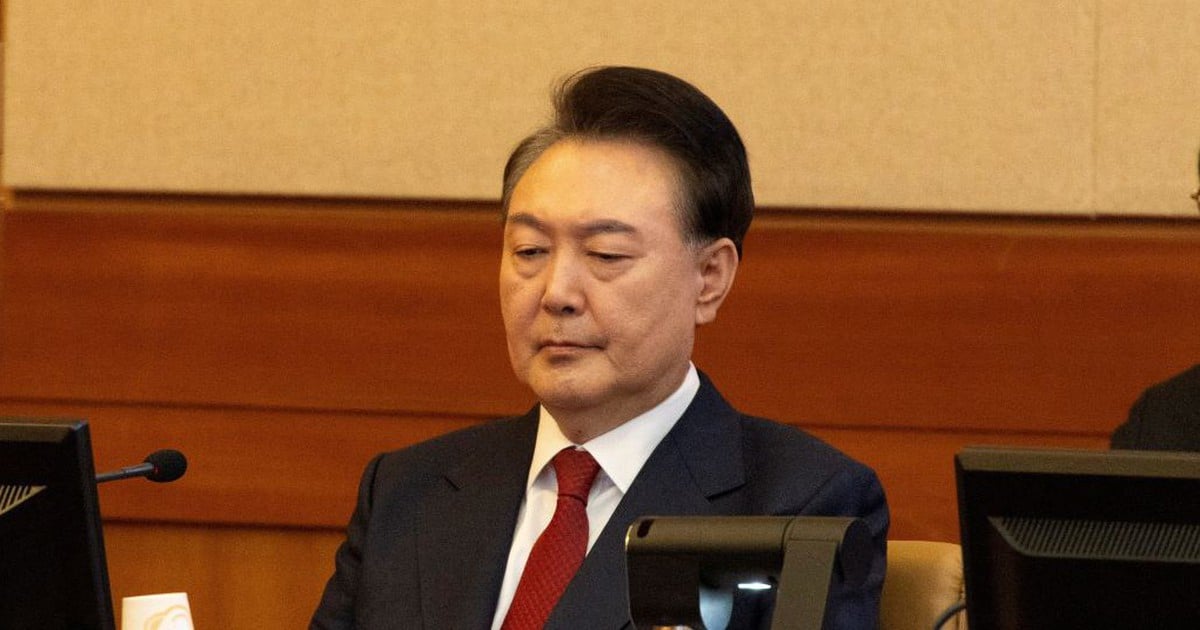
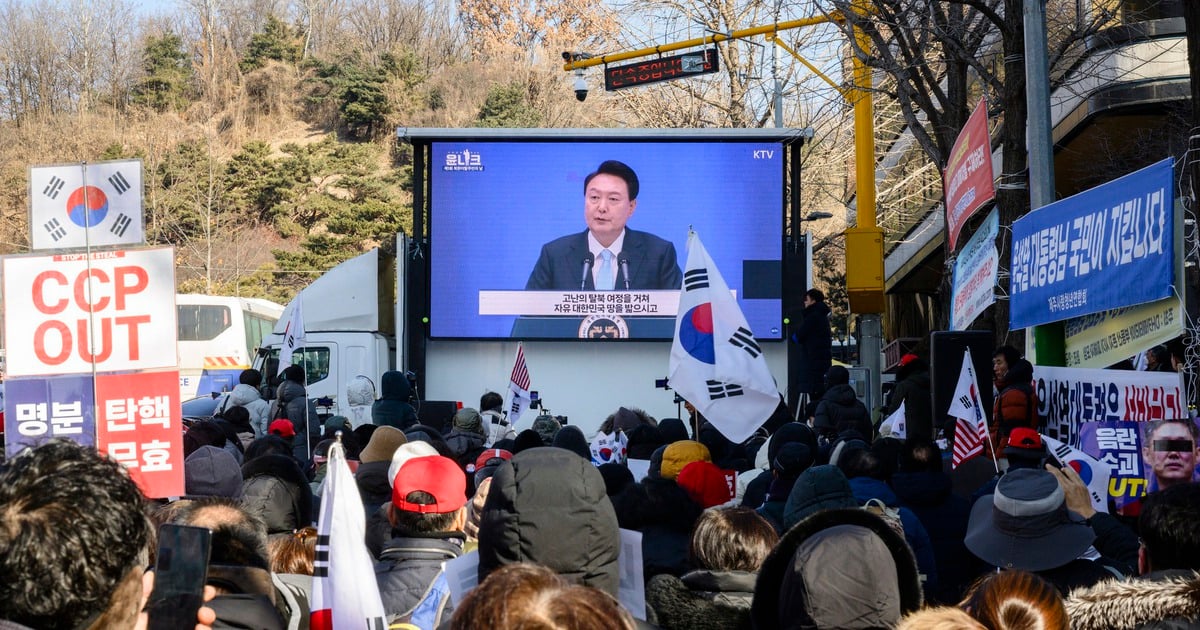
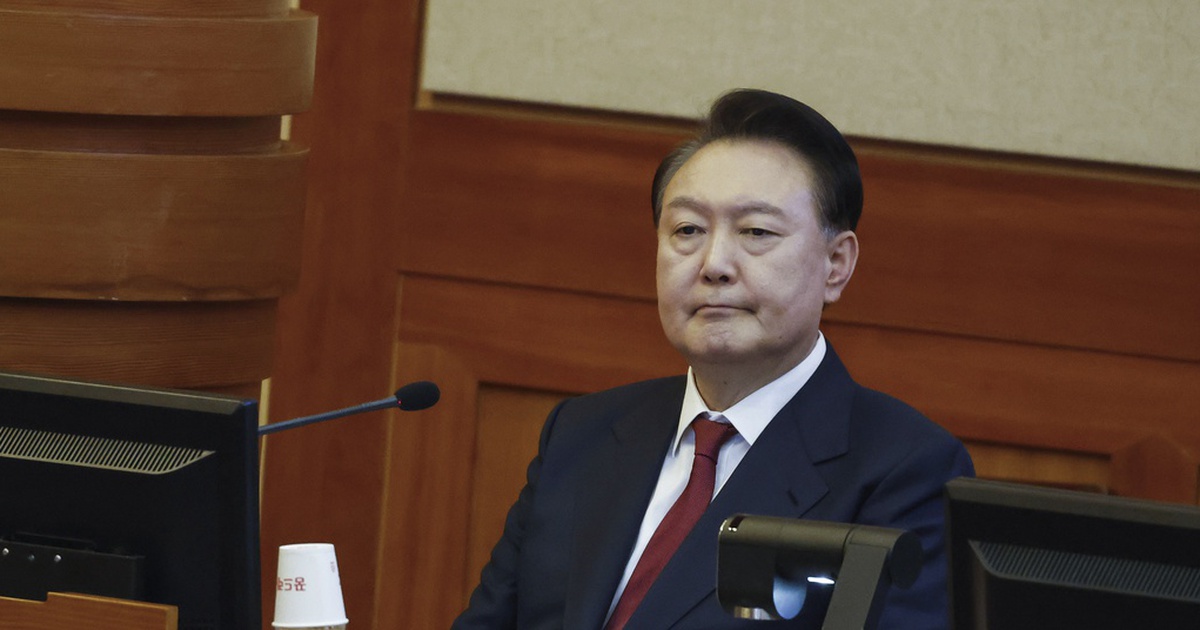
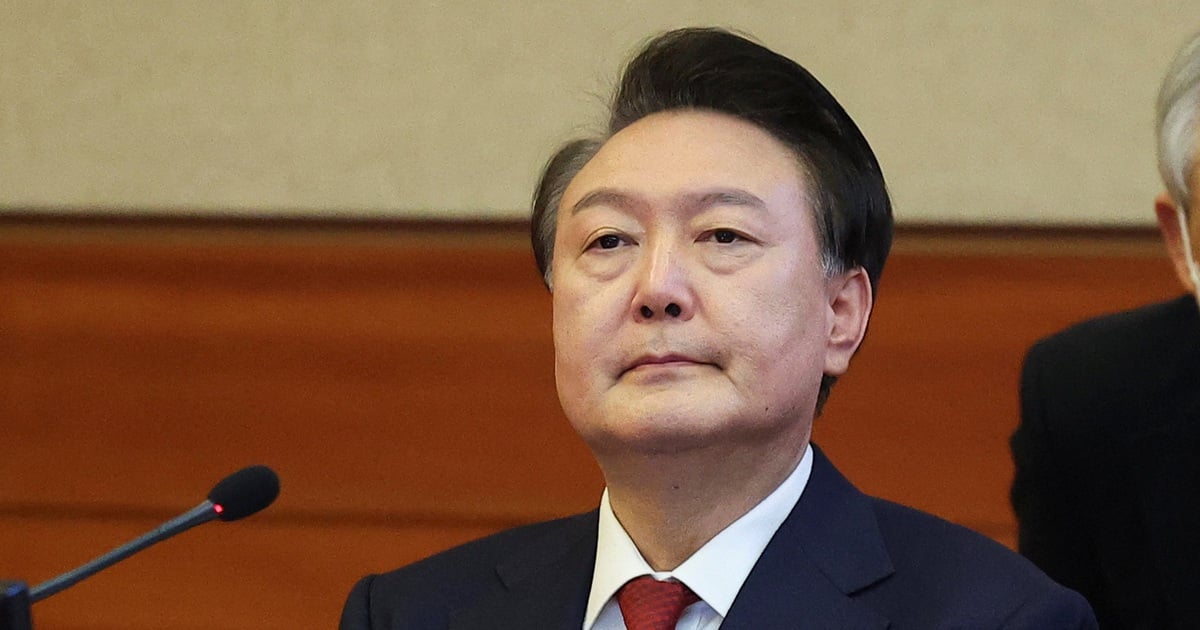
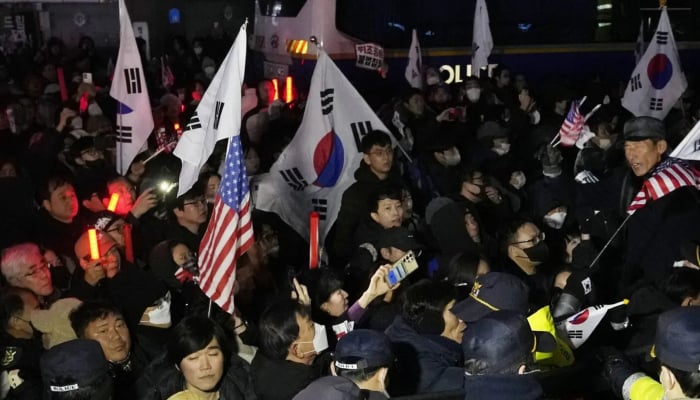






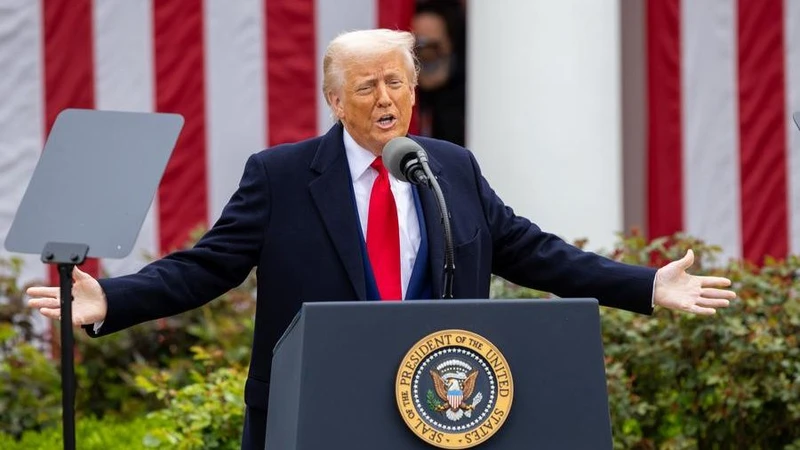





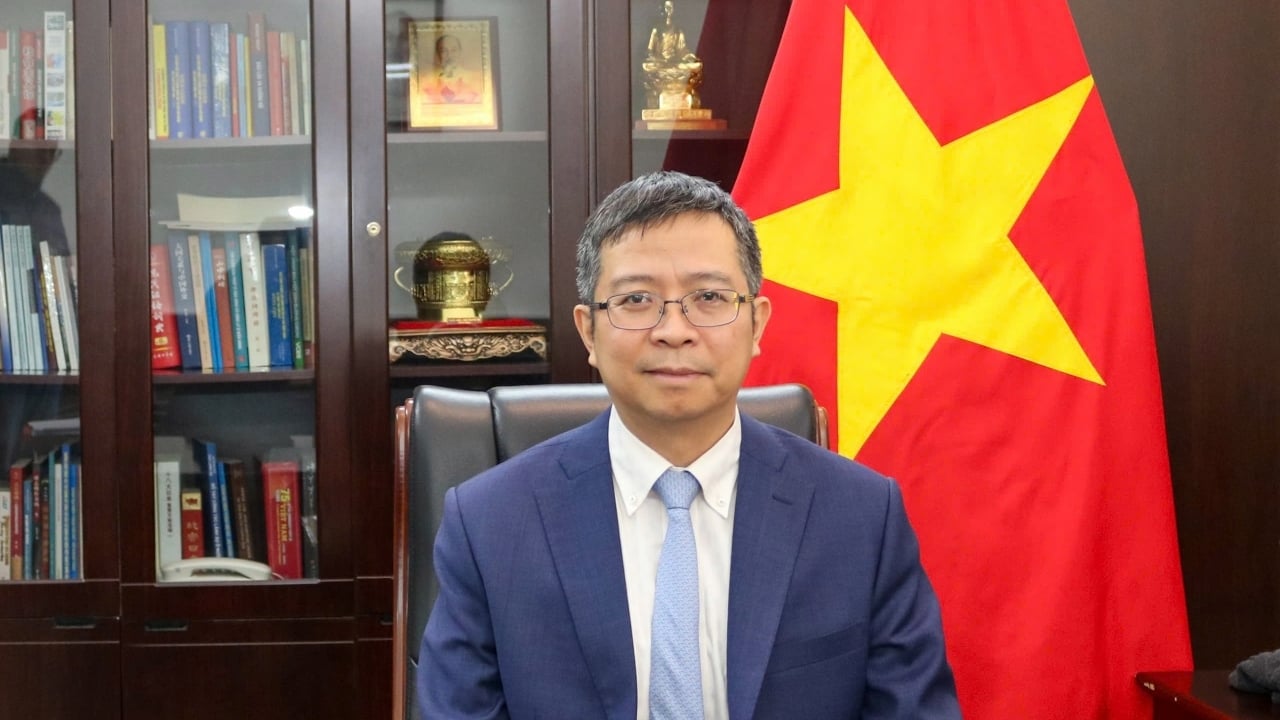
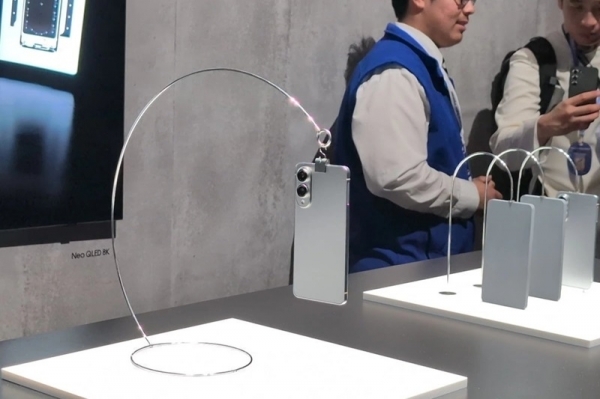


![[Photo] Summary of parade practice in preparation for the April 30th celebration](https://vstatic.vietnam.vn/vietnam/resource/IMAGE/2025/4/11/78cfee0f2cc045b387ff1a4362b5950f)





































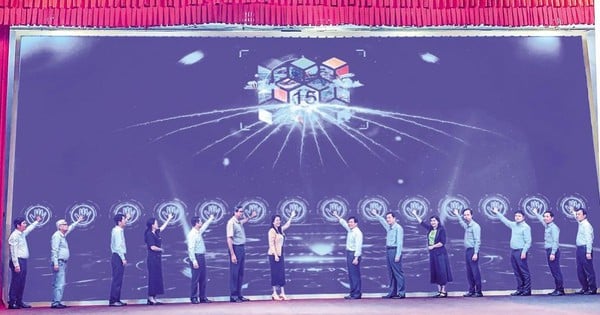
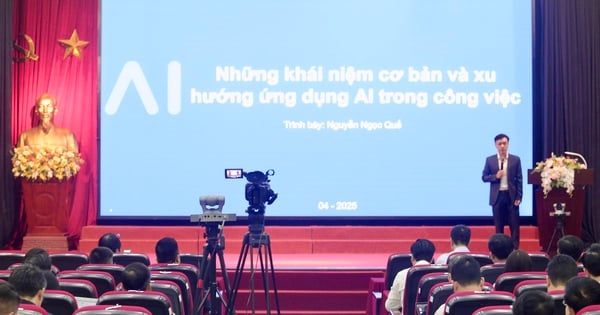
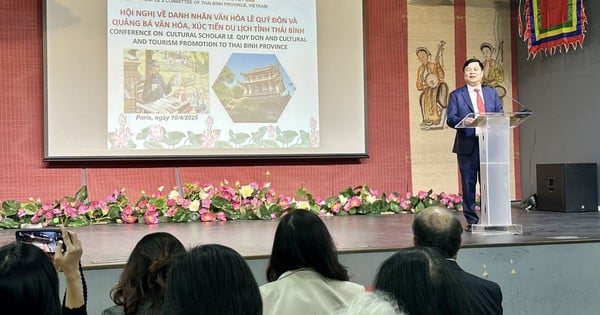
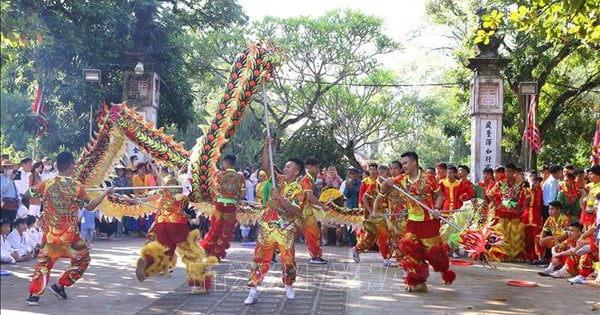
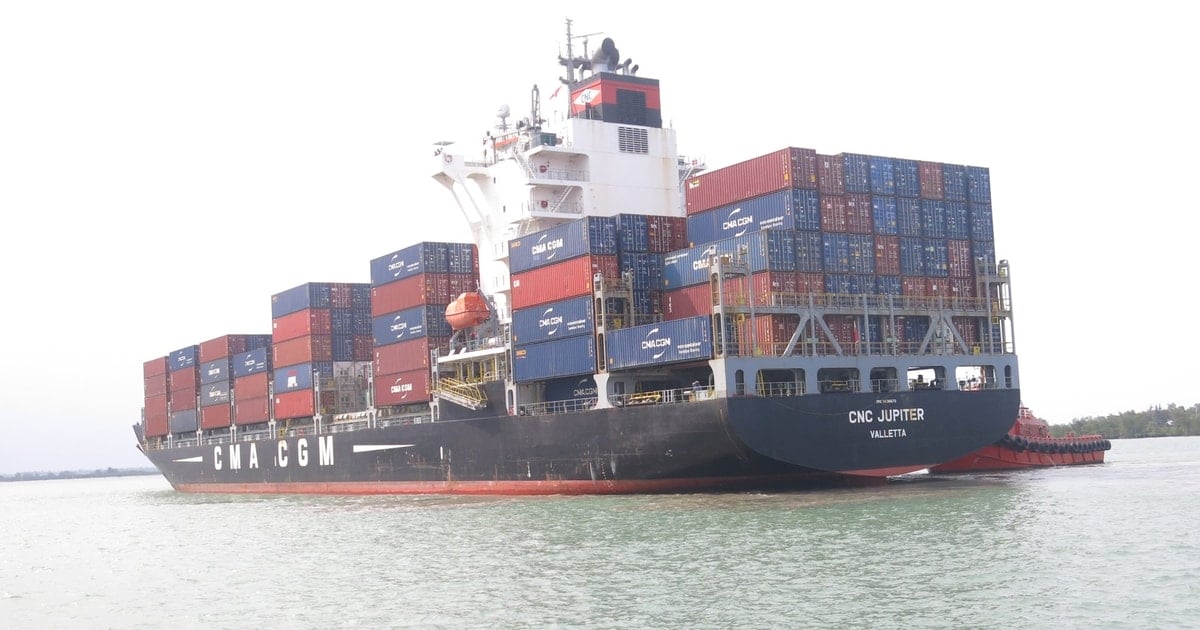



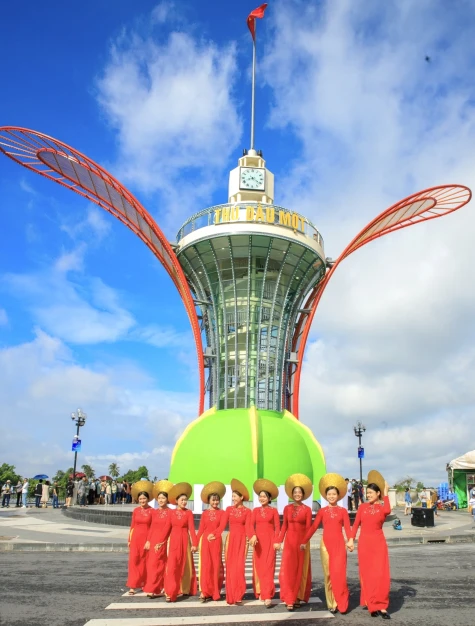

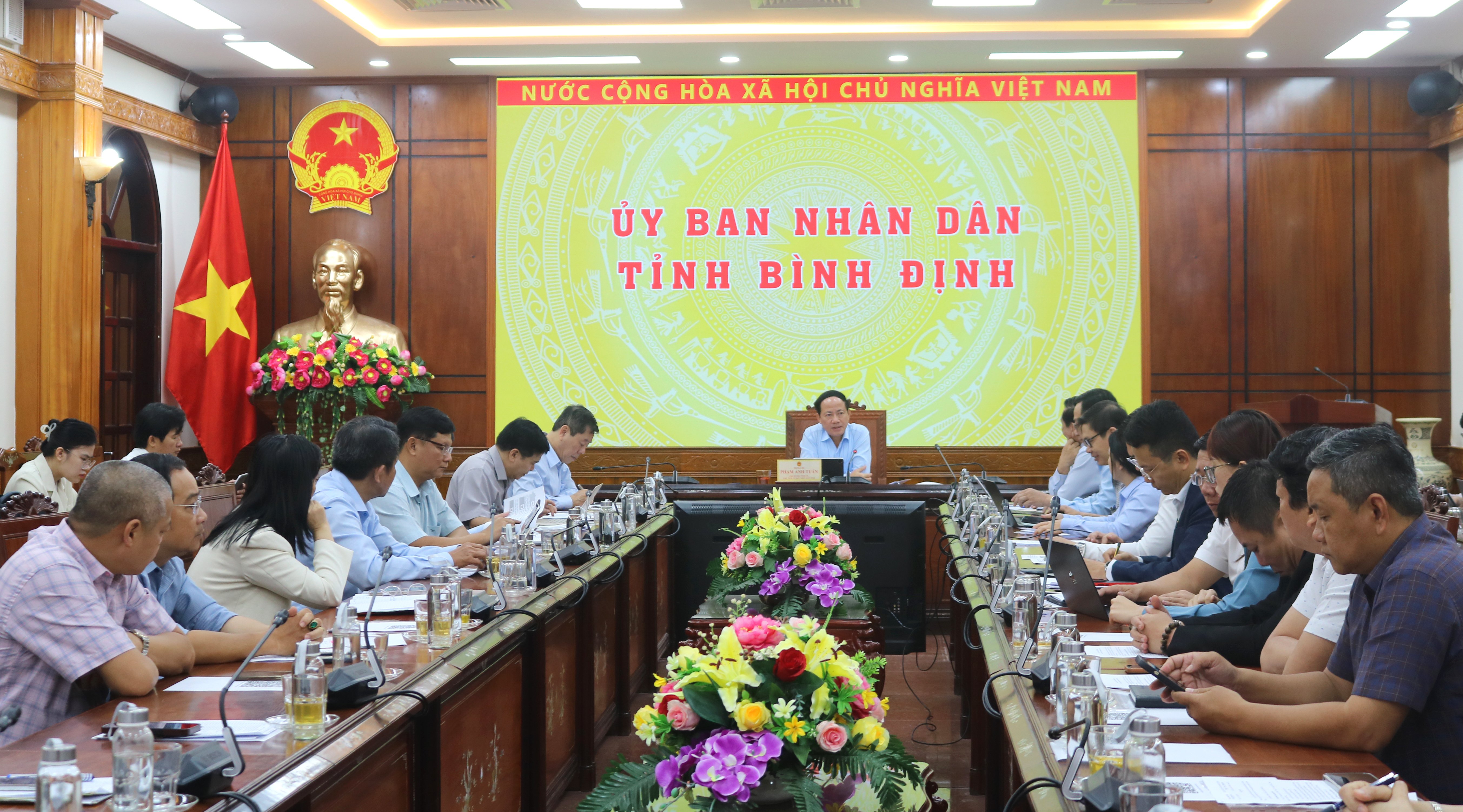


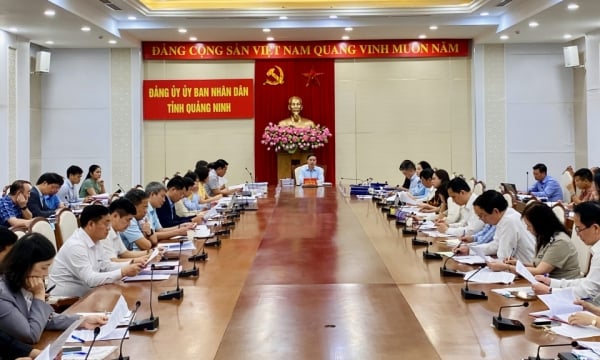











Comment (0)